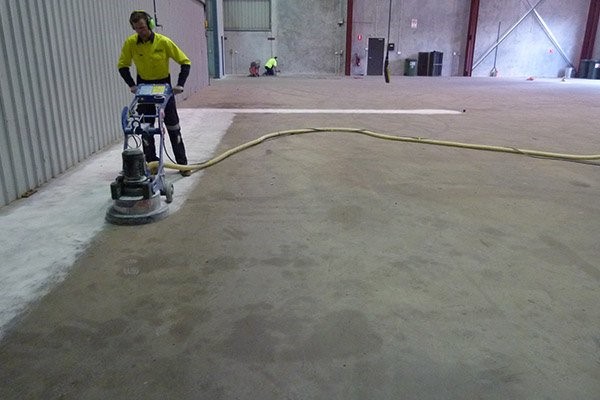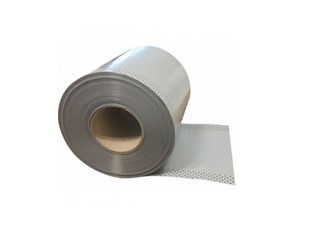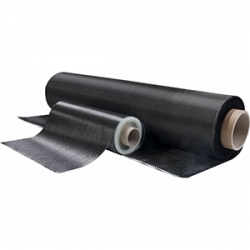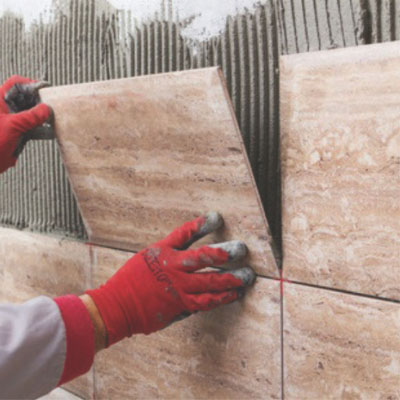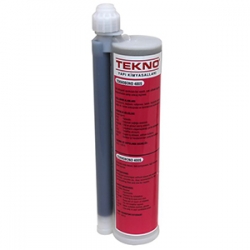WHY IS IT NEEDED TO APPLY LIQUID SURFACE HARDENER IN CONCRETE POISONS?
Although the wear times vary according to the use of concrete field floors, they are the most deformed elements of the structure. Therefore, the high concrete class during the manufacturing phase, the use of wicker reinforcement and the hardening of the surface with powder surface hardener will improve the quality of the field concrete and increase its resistance to the debilitating elements it will be exposed to. However, it is still natural to observe deformations in the ground over time. And not all field concrete is designed for the use it will be exposed to. Most of them have to be rehabilitated over time, especially when it is predicted that field concrete is used in industrial structures.
Additional Information: Powder surface hardeners are not used in a field concrete that has been unplugged because it is applied only before taking the full socket of concrete during the production of field concrete.
For these reasons, "liquid surface hardener" should be applied to provide surface strength and increase wear resistance in old or unplugged field concrete, prevent dusting if any, and, if desired, obtain a shiny surface.
WHAT ARE LIQUID SURFACE HARDENERS?
The active ingredients of liquid surface hardeners are Lithium Silicate, Sodium Silicate and Potassium Silicate.
The basic principle of operation of these products is as follows: Lithium silicate, sodium silicate and potassium silicate react with calcium hydroxide in concrete and form calcium silicate. This hardens the surface.
Although sodium and Potassium Silicate products are used as liquid surface hardeners, Lithium Silicate is much more performance.
WHY IS THE CYLINDER LEAD PERFORMANCE HIGHER?
Lithium Silicate has much higher penetration to concrete than other sodium and potassium. Since the absorption and absorption distribution is good, the non-reacting calcium hydroxide molecule remains in a much smaller amount. In this case, resistance and wear resistance are higher than other products.
Additional Information: Silica in aggregate reacts with alkalines in hydrated cement to form a gel that expands when given water. This reaction produces large pressures that cause cracks to form in the concrete, and leads to faster deterioration, cracking and decreased surface strength of the surface protective layer. Burles and microcracks allow water to enter the substrate, causing wear of reinforcement steel, frost damage and other problems
Lithium hardeners also react with the resulting calcium hydroxide, forming complex tri-calcium silicate compounds that exclude moisture. It does not absorb water such as sodium and potassium and is less soluble in water. Increases the resistance of concrete to water. Lithium Silicate does not cause cracks and distortions in concrete due to water absorption resistance. But if sodium and potassium are added to the concrete, the silicates in the aggregate become easier and faster to absorb water; this leads directly to concrete deformations




